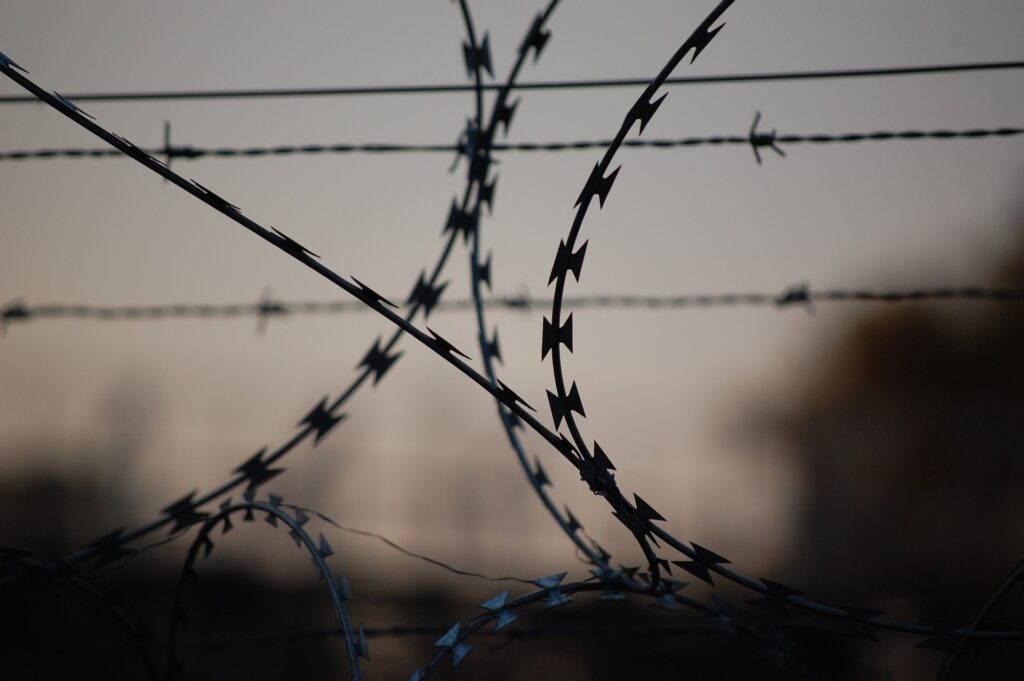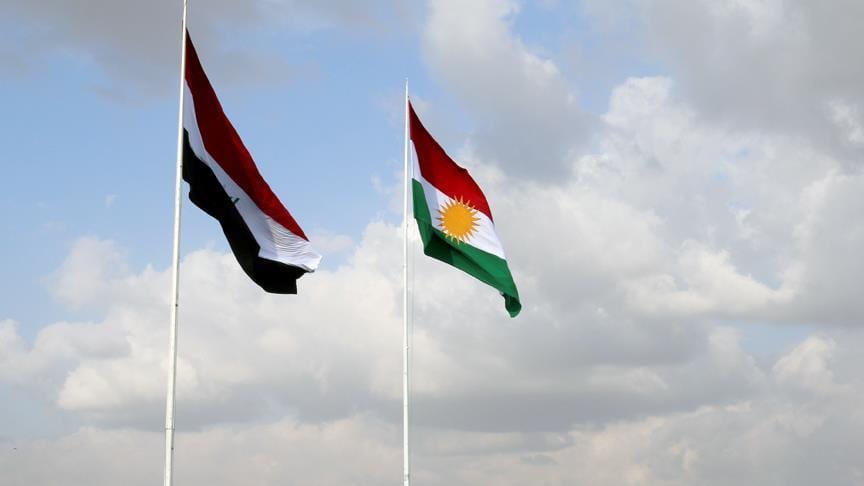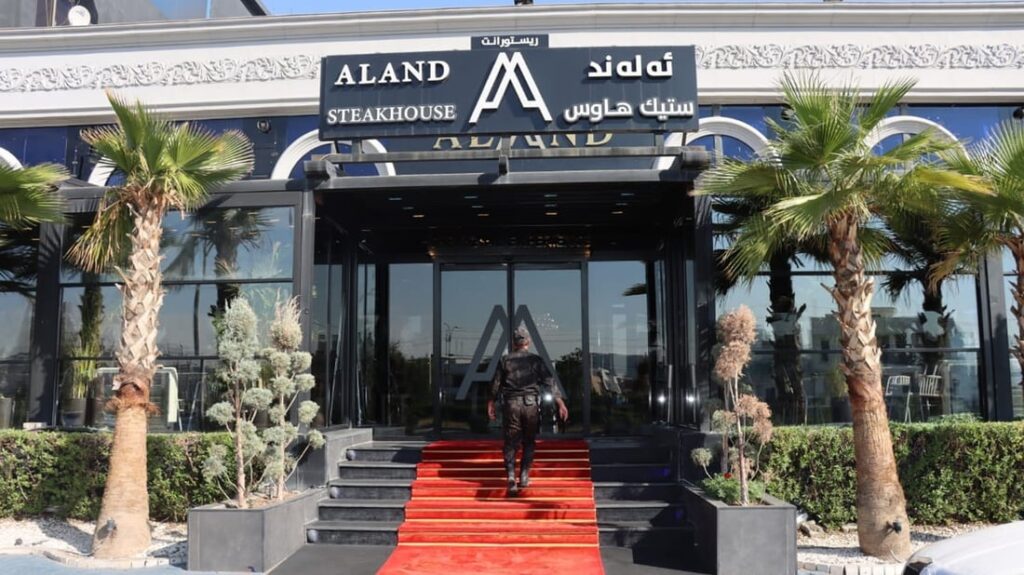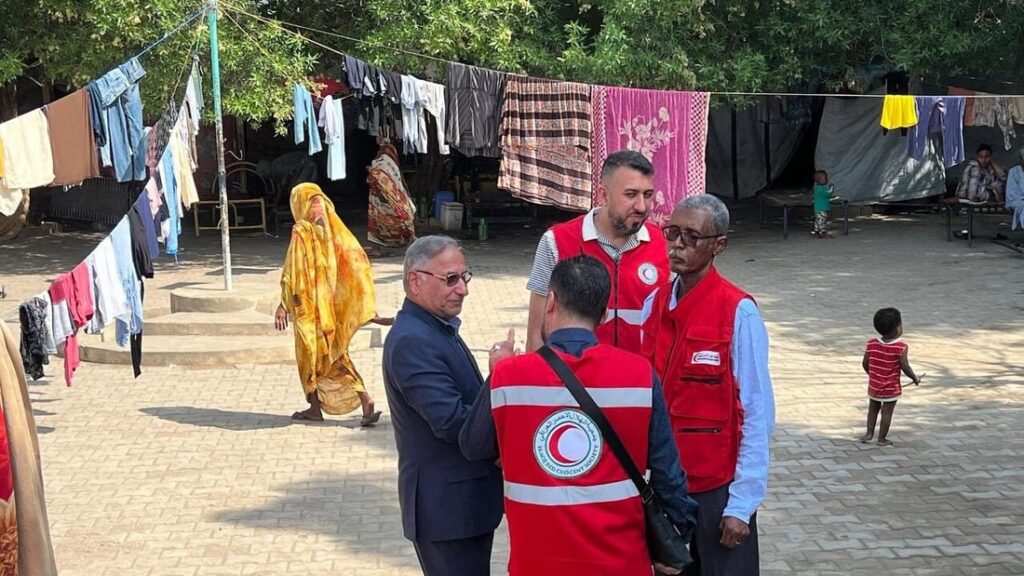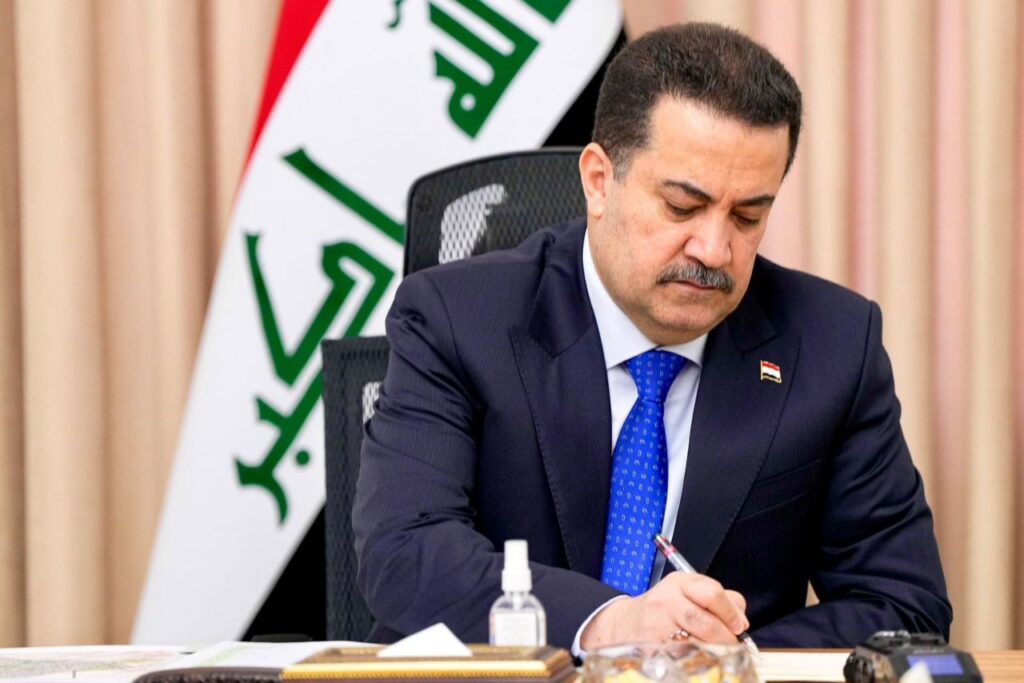Baghdad and Tehran Try to Stabilize Iraq Following Assassination Attempt on PM

Weeks of turmoil, threats, bloodshed and violent clashes between Iraq’s security forces and pro-Iranian militias, who disputed last month’s parliamentary election results, culminated in a powerful blast – an attempt on the life of Prime Minister Mustafa al-Kadhimi. Observers are now wondering how the daring attack will affect the effort to form a new government, security, the Iranian influence in Iraq and the scheduled withdrawal of the US forces from the country.
The culprits will be caught, the culprits will stay free
“Cowardly rocket and drone attacks don’t build homelands and don’t build a future,” Kadhimi said during a televised speech shortly after the November 7 attack. Those who attempted to take his life “are known, they will be exposed and brought to justice,” he added.
Iraqi authorities reportedly issued arrest warrants against three people for the explosives-laden drone attack on Kadhimi’s residence in Baghdad. The arrests were agreed upon during the prime minister’s meeting in the wake of the attack with President Barham Salih, President of the Supreme Judicial Council Faiq Zaidan and Hussein al-Hamidawi, one of the leaders of the Iraqi Hizbullah Brigades, or Kata’ib Hizbullah.
But will the masterminds behind this “terrorist attack,” as the Iraqi Interior Ministry described it, be exposed and punished as well?
That is highly doubtful, Dr. Ronen Zeidel, an Iraq specialist at the Moshe Dayan Center for Middle Eastern and African Studies and at Mitvim – The Israeli Institute for Regional Foreign Policies, told The Media Line.
“One of the pro-Iranian militias in Iraq is probably behind the attack. They will agree to hand over those who were involved in executing the attack to the authorities, as they always do; this is a well-known practice that began with the Lebanese Hizbullah – but that’s it,” Zeidel said.
No one has claimed responsibility for the attack on Kadhimi’s residence in the Green Zone area of Baghdad that is also home to government ministries and foreign embassies. However, in Iraq there appears to be little doubt regarding the identity of the culprits and their close relations with Iran.
‘Iranians do not need a civil war close to their borders’
Two days after the attempted assassination, Brig. Gen. Esmail Qaani, the leader of Iran’s Quds Force, a branch of the Revolutionary Guards Corps, rushed to Baghdad to assure the Iraqis that “Iran had nothing to do with drone attacks on the prime minister’s residence.”
While there is little doubt in Iraq that one of the pro-Iranian militias in the country was behind the attack, it is also clear that the Iranians did not approve of it, says Zeidel.
“This assassination attempt failed and it also failed the element that was behind it – Asa’ib Ahl al-Haq [also known as the Khazali Network] or Hizbullah Iraq. It also uncovered their disagreements with Iran, which has no interest in the deterioration of security or civil war in Iraq,” Zeidel said.
“Iran might be interested in igniting civil war in other, remote places, such as Yemen or Syria, but Iraq is too close to its own borders,” according to Dr. Kevjn Lim, an analyst who covers the Middle East and North Africa for the London-based IHS Markit information provider.
According to two Iraqi Shiite politicians who met with Qaani during his visit to Baghdad, Tehran will not oppose any politician named by the Shiite blocs in parliament to become the next prime minister. It remains to be seen whether Iranians will indeed honor Qaani’s alleged promise, but it seems the chances to form a broad government that also will include the pro-Iranian political parties has actually increased, says Zeidel.
Wake up to the Trusted Mideast News source Mideast Daily News Email
‘The average Iraqi will not be affected by the departure of US forces’
The United States has called the attempted assassination of Kadhimi an attack on “the sovereignty and stability of the Iraqi state” and hinted that it was well informed that Iran was behind it. Still, President Joe Biden promised to withdraw American troops from Iraq by the end of 2021 and, for now, it seems that even the attack on the prime minister will not abort this plan.
It is still not clear how the withdrawal of the American troops will take place in the current political climate in Iraq and how it will shape the course of events in the country.
“There is still a lot of ambiguity about the pullout. The Biden administration said that these troops will transition from a combat role to the role of advisers, however many of them are already not in combat roles. I wouldn’t expect complete withdrawal of all 2,500 personnel. If the Americans pull out completely, they will need to find another supply route to support their troops in northeastern Syria,” Lim said.
Still, even if a so-called withdrawal ends up being a redeployment of US forces from Baghdad to the north of Iraq, it will certainly be exploited by various anti-American parties in Iraq. Some wonder, however, if the Afghanistan scenario is possible in Iraq.
“The average Iraqi won’t notice this pullout, because there are hardly any encounters between him and the American troops. It’s as relevant to him as the climate crisis or the corona crisis,” said Zeidel, adding: “I would say that during recent years they were hardly present.”
“The number of soldiers is very low and this whole spin around the ‘American pullout’ was invented by the late [Maj. Gen.] Qasem Soleimani, who used to be the head of the Quds Forces. In late 2019, he needed some trick that would divert the attention of the people in Iraq from anti-Iranian demonstrations, so he pulled this rabbit out of his hat. So, there will be headlines and some fuss, but in a couple of days it will be forgotten,” according to Zeidel.
Tough negotiations and arm-twisting lie ahead
During the coming weeks, Iraqi political factions will continue negotiations over formation of a government. Many, including Sadrist Movement leader Muqtada Sadr, who was a big winner in the recent parliamentary election, are calling for a majority government that can accommodate as many political forces as possible. The incumbent Kadhimi is heading the shortlist of candidates for the prime minister’s seat, even though he didn’t run in last month’s election (since 2014 no Iraqi prime minister has done so).
According to Zeidel, “Kadhimi is seen as a tranquilizer pill for Iraqi politics. He will try to contain the Iranians without destroying the chances for compromise, despite what just happened to him, while the Iranians are looking to preserve their interests.” The expert believes Iran knows that “it cannot get everything,” and that its attempt to turn Iraq into a transit country in order to ship weapons to Syria has failed – a matter of great significance to Israel.
“It’s extremely important for Iran to be a part of a democratic process in Iraq. Also, it needs for the Shia parties to work together, while a war among them is a doomsday scenario,” concludes Lim, who believes that the interests of Iran do not necessarily coincide with those of the Iraqi pro-Iranian militias, who still dream of avenging the death of their leader, Abu Mahdi al-Muhandis, who was killed by the US drone strike in 2019 that killed Soleimani.
For the time being, Iraq will continue to simmer, but it probably will not boil over. The formation of a government and a new formula for the division of power will furnish evidence of its system’s resilience or fragility.

